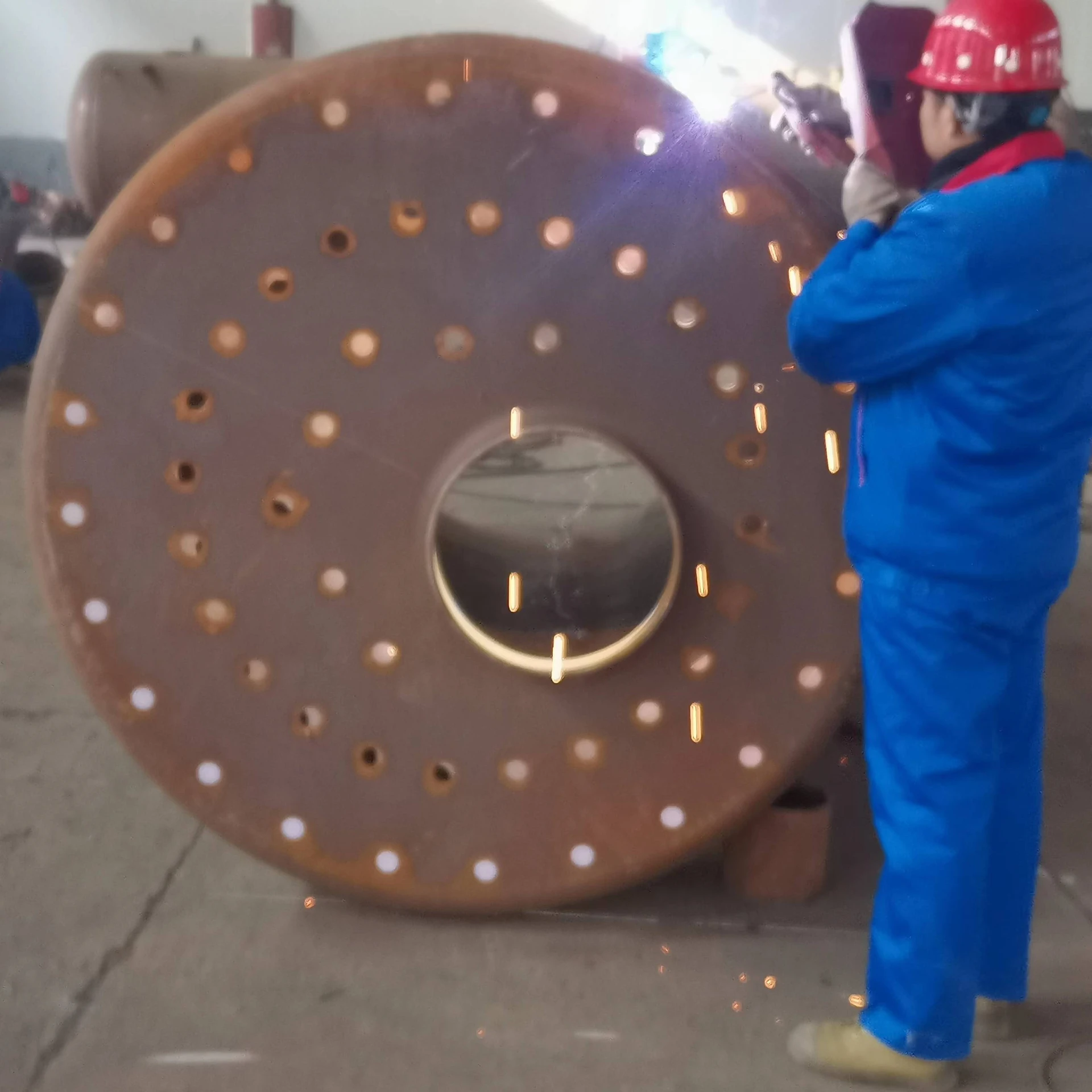
ພ.ຈ. . 10, 2024 02:23 Back to list
Comparing Steam Boilers and Steam Generators for Optimal Performance and Efficiency
Steam Boiler vs. Steam Generator Understanding the Differences
In the realm of industrial applications, steam plays a crucial role as a versatile energy source. Both steam boilers and steam generators are essential components used to produce steam for various purposes, but they differ significantly in their design, operation, and applications. This article aims to elucidate the key differences between steam boilers and steam generators, helping to clarify which option is best suited for specific needs.
What is a Steam Boiler?
A steam boiler is a closed vessel designed to convert water into steam through the application of heat. The heat is typically generated by burning fuel or through electricity. Boilers come in various types, including fire-tube, water-tube, and electric boilers, each with distinct operational modes and efficiencies.
The primary function of a steam boiler is to produce steam that can be used for heating, mechanical work, or even powering turbines. It operates at higher pressures and is generally designed to handle greater volumes of steam. Boilers are widely used in power plants, manufacturing processes, and heating systems. They also require regular maintenance and inspection due to the high-pressure environment and the potential for safety hazards, such as explosions or leaks.
What is a Steam Generator?
A steam generator, on the other hand, is a more compact and often more efficient system that produces steam through the direct conversion of water or other liquids into vapor. Unlike traditional steam boilers, steam generators typically operate at lower pressures and are designed for quicker response times. They utilize heat exchangers to create steam rapidly, making them ideal for applications requiring immediate and on-demand steam.
Steam generators are commonly found in smaller scale operations, such as food processing, sterilization, and certain manufacturing processes. They are not only efficient but also tend to be more environmentally friendly, as many models can utilize waste heat or renewable energy sources.
steam boiler vs steam generator

Key Differences
1. Design and Size - Steam Boilers Larger and more complex, capable of storing water and producing a substantial amount of steam at higher pressures. - Steam Generators Generally smaller, with a simpler design aimed at quick steam production without significant storage.
2. Operational Pressure - Steam Boilers Operate at higher pressures, often exceeding 15 psi or more, making them suitable for power generation and heating large facilities. - Steam Generators Typically function at lower pressures, allowing for quicker steam generation while minimizing safety concerns.
3. Efficiency - Steam Boilers Can be highly efficient but may take longer to generate steam due to their size and operating process. - Steam Generators Often more efficient in producing steam quickly and using less fuel, especially in applications requiring intermittent steam.
4. Applications - Steam Boilers Ideal for heavy industrial applications, power generation, and heating large facilities or processes. - Steam Generators Better suited for smaller operations, such as food production, laboratory experiments, or short-term heating applications.
5. Maintenance - Steam Boilers Require rigorous maintenance and monitoring, given their higher complexity and risk factors. - Steam Generators Generally require less maintenance due to their simpler design and lower operational risks.
Conclusion
In summary, the choice between a steam boiler and a steam generator should be guided by the specific requirements of the application. Steam boilers are robust systems capable of meeting high demand for steam in industrial environments, whereas steam generators offer efficiency and rapid steam production for smaller operations. Understanding these differences is crucial for manufacturers and operators to make informed decisions that optimize performance, safety, and cost-effectiveness. Whether for large-scale industrial processes or smaller applications, recognizing the unique benefits of each system can lead to enhanced operational efficiencies and improved outcomes.
-
Commercial Steam Boilers for Sale - AI Optimized Efficiency
NewsAug.02,2025
-
Efficient Biomass Fired Hot Water Boiler | AI Heating Solution
NewsAug.01,2025
-
High-Efficiency Gas Thermal Oil Boilers | HPT Models
NewsJul.31,2025
-
Oil Fired Hot Water Boilers Sale - High Efficiency & Affordable
NewsJul.31,2025
-
High-Efficiency Commercial Oil Fired Steam Boiler for Industry
NewsJul.30,2025
-
High-Efficiency Biomass Fired Thermal Oil Boiler Solutions
NewsJul.30,2025
Related PRODUCTS






















